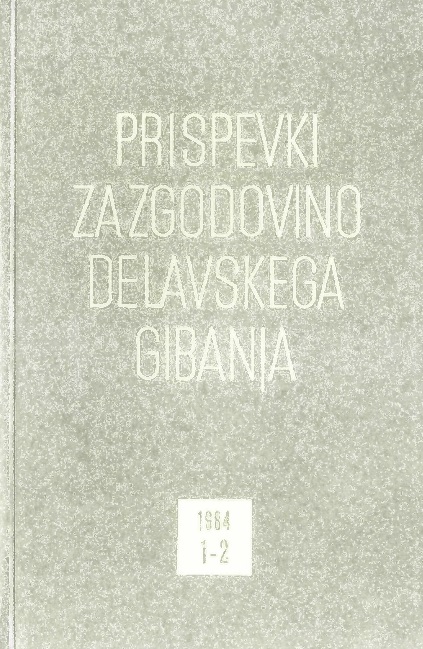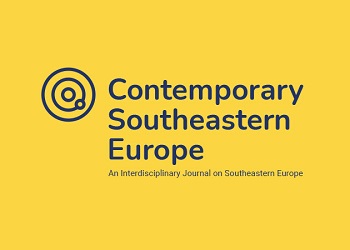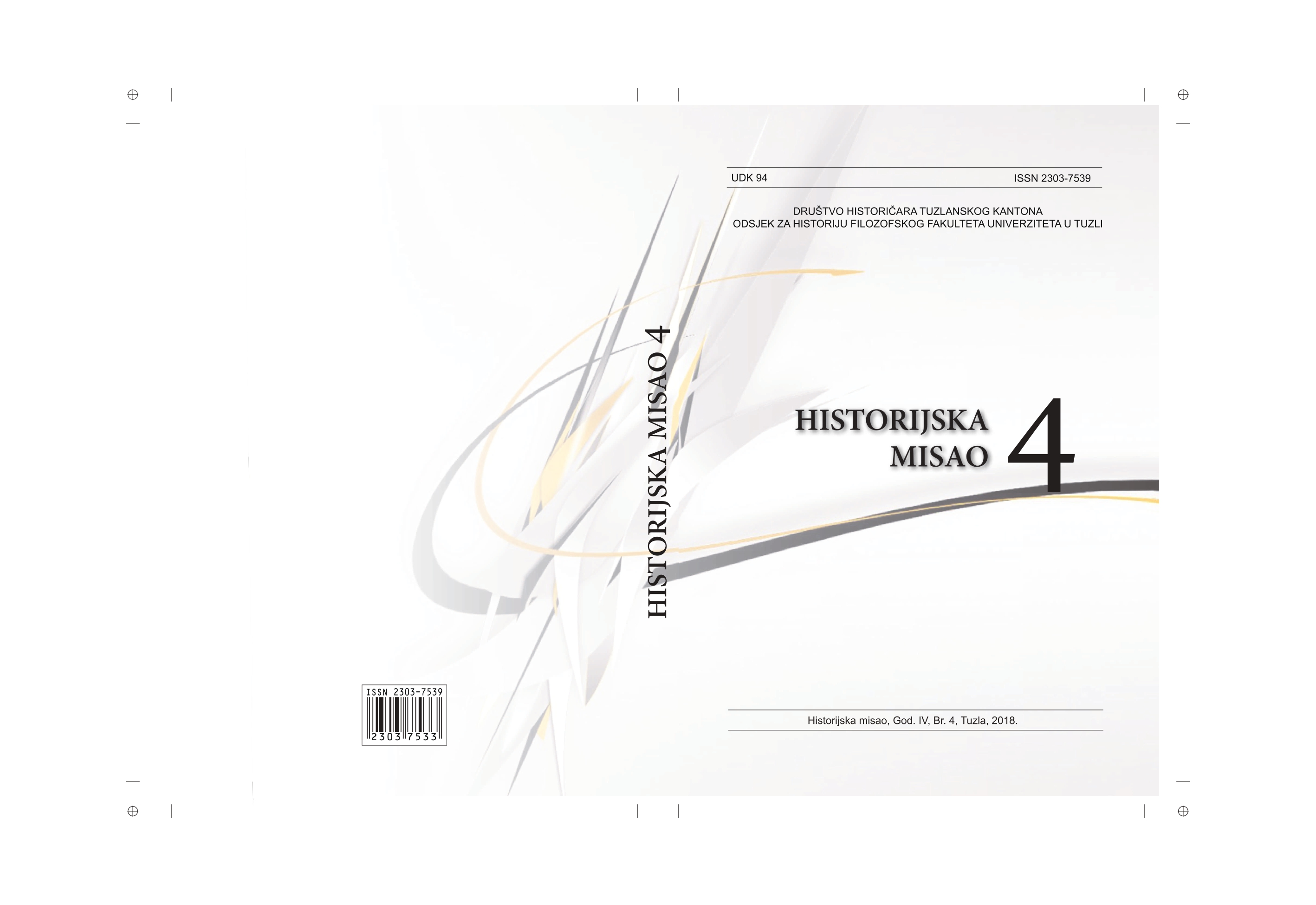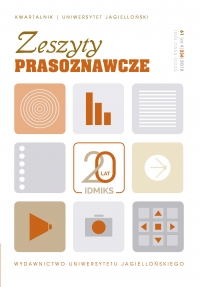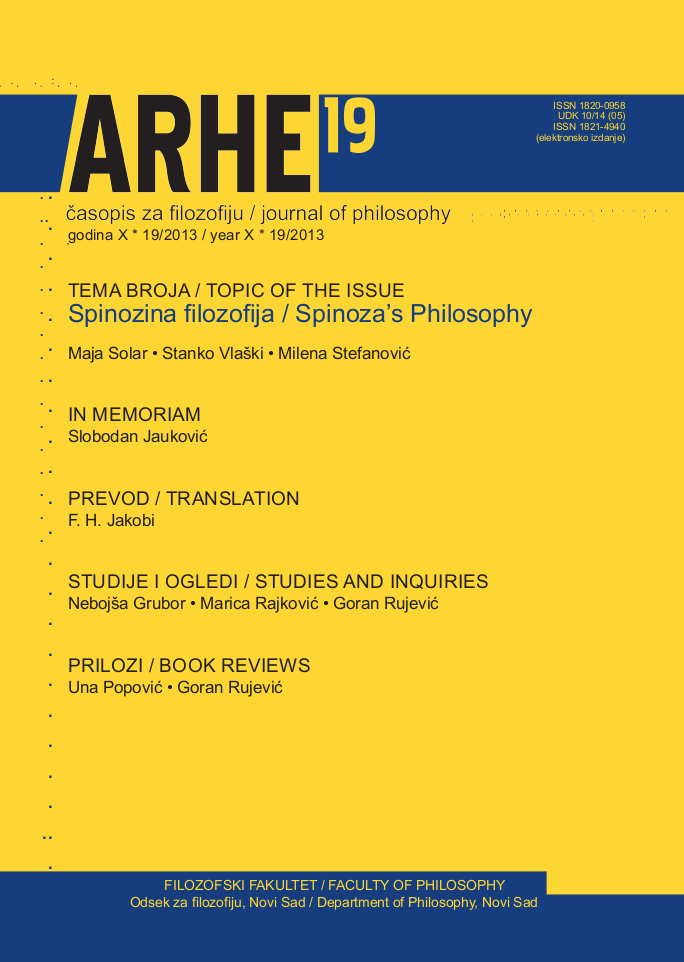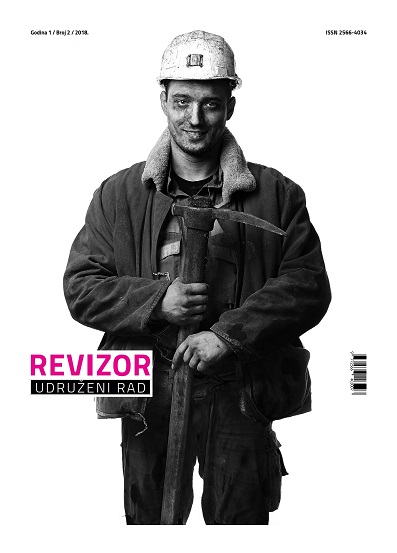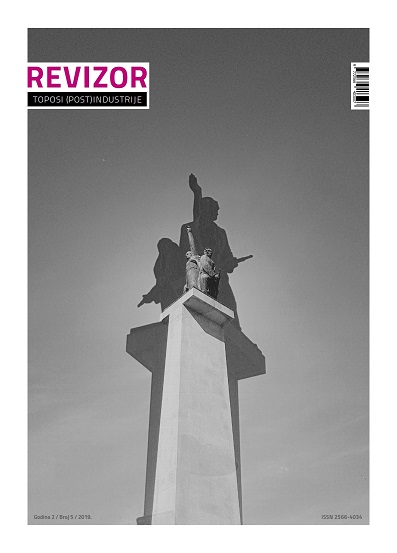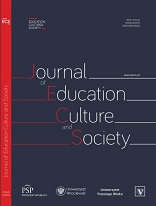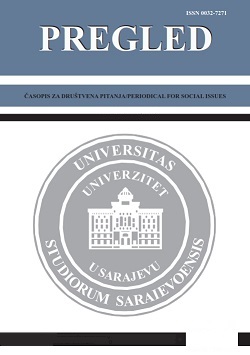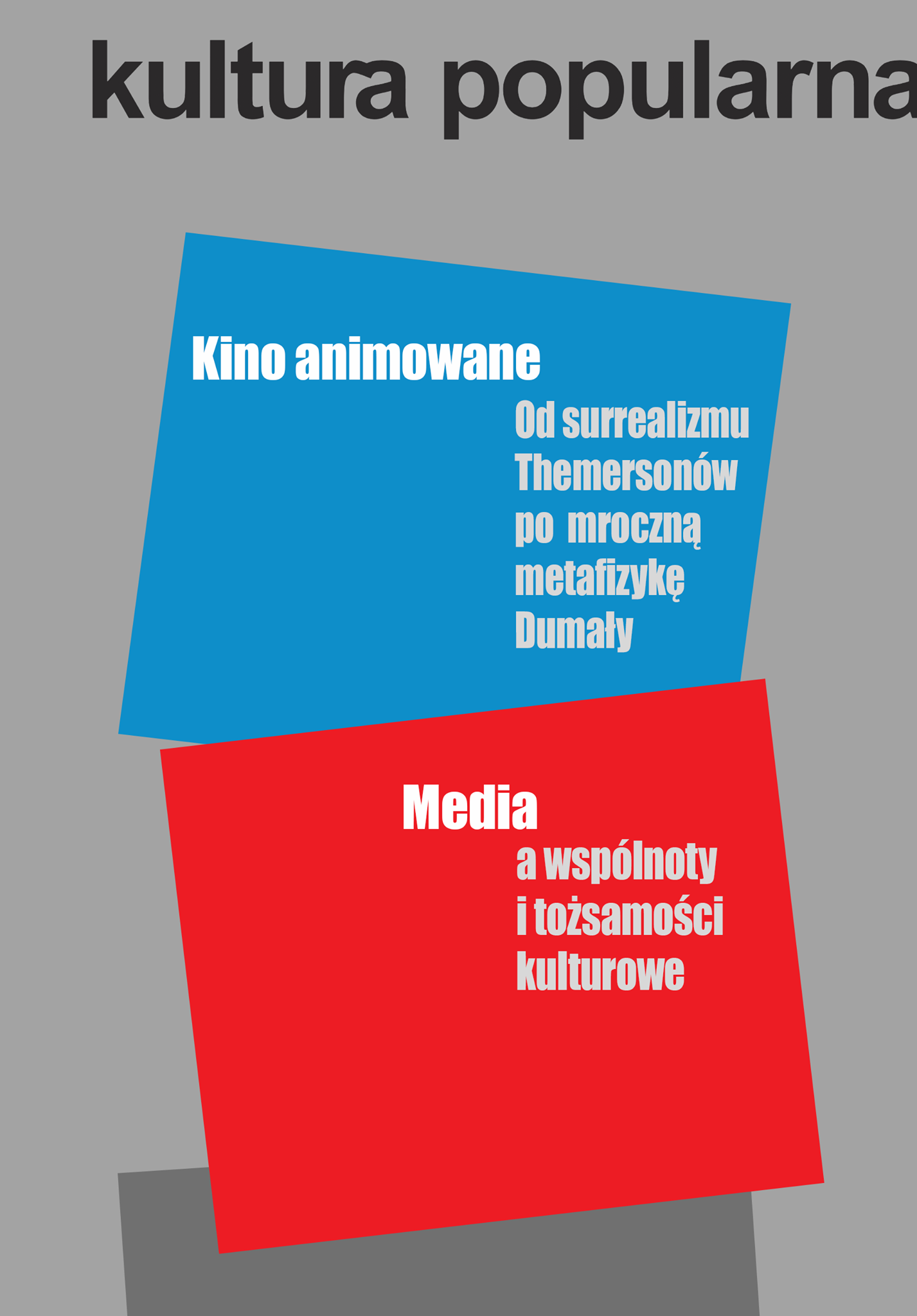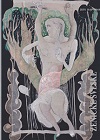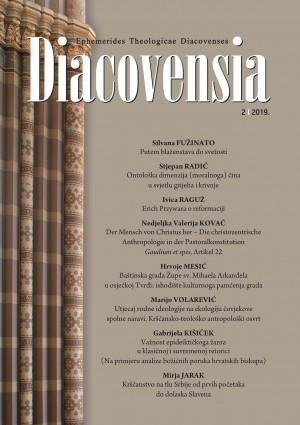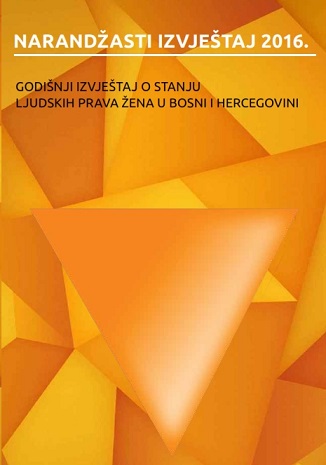Author(s): Dragoljub Reljić / Language(s): Serbian
Issue: 1/2013
For a long time it has been thought that violence against women was a private affair of each individual. Influenced by many human rights movements, intellectuals, scientists, the notion has ripened that violence against women can not be a private matter of the individual and that it must be reacted to. In the 1980s the issue of violence against women and domestic violence began to gain in its importance, primarily through adoption of international conventions at an international level. By ratifying the Convention, our country too assumed an obligation to adhere to it. However, the awareness in our society of violence against women is still at a very low level. All levels of government and the media do not address this issue adequately. Problem of violence against women in our area have long been pointed at by non-governmental organizations which have significantly contributed to the adoption of the Law on Protection from Domestic Violence, Family Law and the Law on Gender Equality in BiH and a variety of the strategies and plans. We can say that the area of protecting women from domestic violence has gone into completely opposite extreme. Contrary to strictly "private" things victims now have the deafening noise of various institutions, organizations and individuals, but this noise lacks action. Conventions, laws, strategies, declarations, plans, programs, newspaper clippings, all the vio-lence and in all places, and we are still witnessing increasing violence against women. If we want to provide protection for the victims, we must start creating conditions for the prevention of any form of violence against women. A lot of resources are invested in the identification of domestic violence, but this does not prevent violence. And after all measures being taken, including placement in a safe house, the victim eventually returnes to the abuser. So, the only real protection is prevention. The legislature should in the future consider other ways to protect women. If we are to look for solutions in comparative law, a good examples can be found in Austrian and Slovenian law. However, we should not have such legal arrangements directly applied in Bosnia and Herzegovina, but should only use them as a starting point for future legislation concerned with the protection of victims of violence. The police, prosecution, social work, scientific community should act in a coordinated intensive treatment to protect women from violence. We believe that lawyers, legal community and public should pay more attention to the issue of violence against women. This complex subject has been explored extensively by sociologists, psychologistsl and economists, while it legal aspect remained quite neglected.
More...
